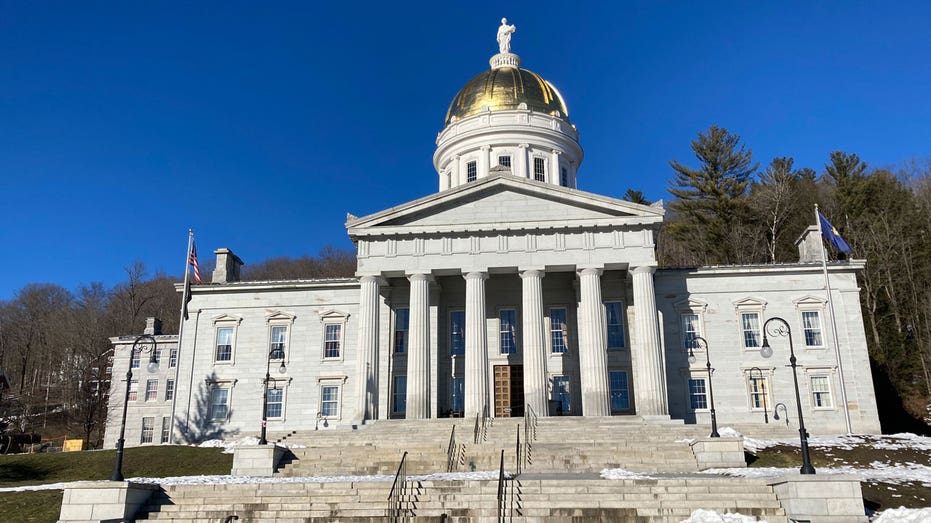The Vermont Legislature passed reproductive and transgender health care bills on Thursday with a late addition aimed at protecting access to a medication widely used in abortions even if the U.S. Food and Drug Administration withdraws its approval of the pill, mifepristone.
The bills protect providers from discipline for providing legally protected abortion and transgender medical services. Legislators recently tacked on medicated abortion to the definition of legally protected reproductive health care services, and believe the state is the first to do so.
In the identical bills passed by the House and Senate, “reproductive health care services” includes “medication that was approved by the U.S. Food and Drug Administration for termination of a pregnancy as of January 1, 2023, regardless of the medication’s current FDA approval status.”
VERMONT WEIGHING LEGAL PROTECTIONS FOR PROVIDERS OF ABORTION, TRANS PROCEDURES
Last week, the U.S. Supreme Court preserved women’s access to the drug, rejecting lower-court restrictions while a lawsuit continues. The justices granted emergency requests from the Biden administration and New York-based Danco Laboratories, maker of mifepristone, which are appealing a Texas lower court ruling that would roll back FDA approval of mifepristone.
If the FDA approval is withdrawn, the drug companies can no longer market the drug, said Vermont state Sen. Virginia Lyons, a Democrat.
“But production can still take place and they can be purchased for use by pharmacists or providers. So it’s still available but what this does is it says, with or without FDA approval, this drug is available to folks in the state of Vermont. And that’s a big deal,” Lyons said.
The FDA said it did not have immediate comment Thursday.
Greer Donley, an associate professor at the University of Pittsburgh School of Law who is an expert in abortion law, said states cannot allow medications that the federal government prohibits. But that doesn’t mean that the federal government would enforce its ban if states go their own way.
VERMONT SENATE PASSES BILL PROTECTING PROVIDERS OF ABORTIONS, TRANS PROCEDURES FROM LEGAL ACTION
The U.S. has not intervened, generally, when states have allowed medical cannabis, even though it’s not legal federally. There are lawsuits challenging states that have banned abortion pills.
“The question about whether federal food and drug law is not only the floor but also the ceiling is a very hot and unsettled question in food and drug law,” Donley said.
Earlier this month, Vermont Attorney General Charity Clark joined a multi-state coalition challenging the decision by the federal judge in Texas revoking FDA approval of mifepristone. Abortion opponents had filed suit in Texas in November, asserting that the FDA’s original approval of mifepristone 23 years ago and subsequent changes were flawed.
Women seeking to end their pregnancies in the first 10 weeks without more invasive surgical abortion can take mifepristone, along with misoprostol. The FDA has eased the terms of mifepristone’s use over the years, including allowing it to be sent through the mail in states that allow access.
























